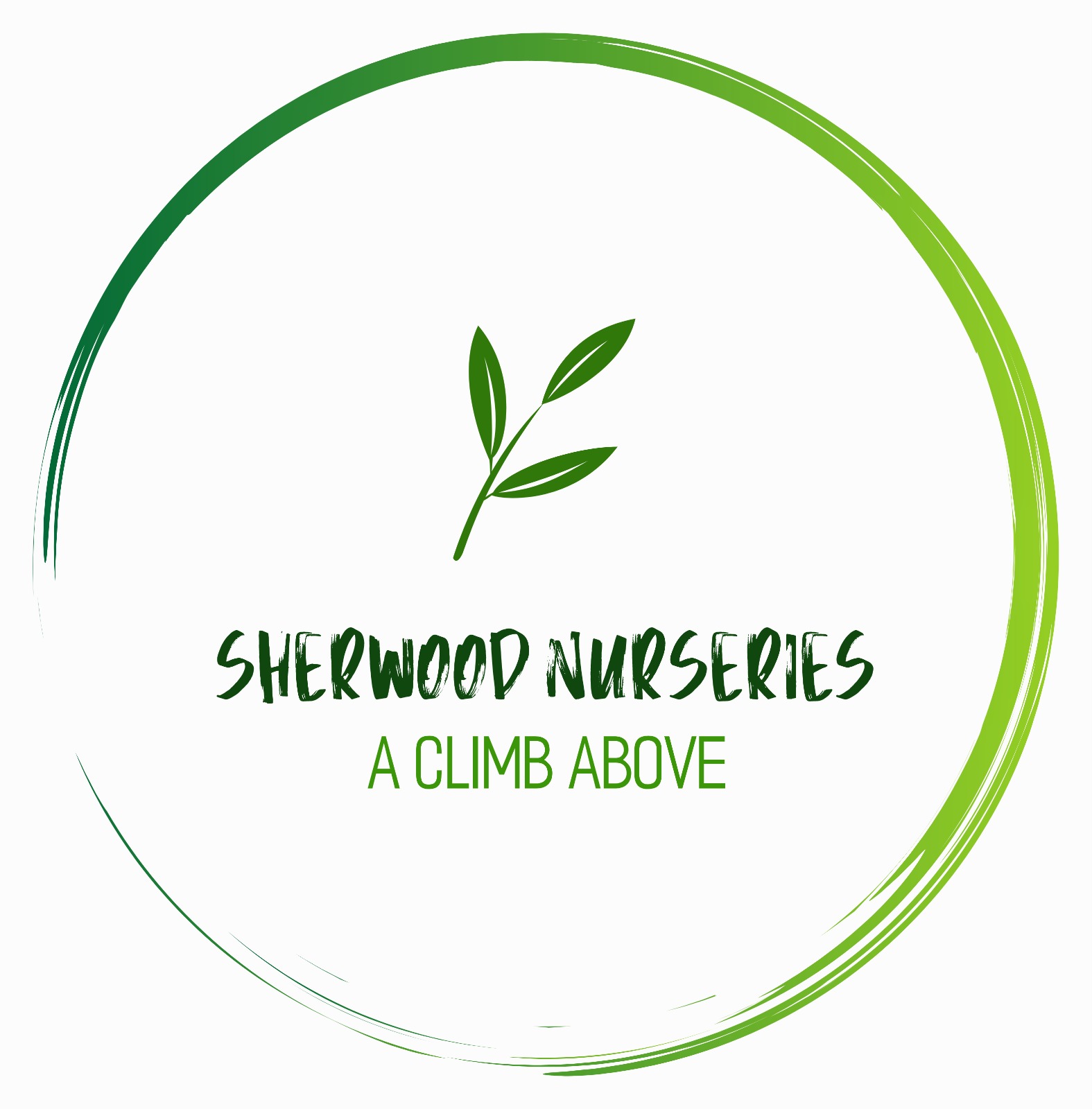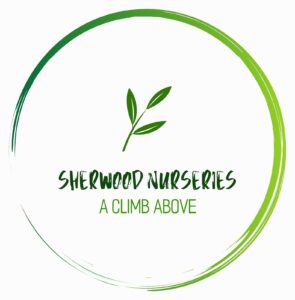Height: 24 inches
Spacing: 18 inches
Sunlight:
![]()
![]()
Hardiness Zone: 3a
Other Names: Autumn Stonecrop, Showy Stonecrop
Description:
A reliable stonecrop with curious bright reddish-brown flowers that open to crimson, large and voluminous; strong seedheads are ideal for drying, great for long lasting effect into the winter
Ornamental Features
Munstead Dark Red Stonecrop has masses of beautiful clusters of crimson flowers with rose overtones at the ends of the stems from late summer to late fall, which emerge from distinctive dark red flower buds, and which are most effective when planted in groupings. The flowers are excellent for cutting. Its attractive large succulent round leaves remain dark green in colour with prominent burgundy tips throughout the season.
Landscape Attributes
Munstead Dark Red Stonecrop is a dense herbaceous perennial with an upright spreading habit of growth. Its relatively coarse texture can be used to stand it apart from other garden plants with finer foliage.
This is a relatively low maintenance plant, and is best cleaned up in early spring before it resumes active growth for the season. It is a good choice for attracting bees and butterflies to your yard, but is not particularly attractive to deer who tend to leave it alone in favor of tastier treats. It has no significant negative characteristics.
Munstead Dark Red Stonecrop is recommended for the following landscape applications;
- Mass Planting
- General Garden Use
- Groundcover
- Container Planting
Planting & Growing
Munstead Dark Red Stonecrop will grow to be about 20 inches tall at maturity, with a spread of 24 inches. When grown in masses or used as a bedding plant, individual plants should be spaced approximately 18 inches apart. It grows at a fast rate, and under ideal conditions can be expected to live for approximately 15 years. As an herbaceous perennial, this plant will usually die back to the crown each winter, and will regrow from the base each spring. Be careful not to disturb the crown in late winter when it may not be readily seen!
This plant does best in full sun to partial shade. It is very adaptable to both dry and moist growing conditions, but will not tolerate any standing water. It is considered to be drought-tolerant, and thus makes an ideal choice for a low-water garden or xeriscape application. It is not particular as to soil pH, but grows best in poor soils, and is able to handle environmental salt. It is highly tolerant of urban pollution and will even thrive in inner city environments. This is a selected variety of a species not originally from North America. It can be propagated by division; however, as a cultivated variety, be aware that it may be subject to certain restrictions or prohibitions on propagation.
Munstead Dark Red Stonecrop is a fine choice for the garden, but it is also a good selection for planting in outdoor pots and containers. With its upright habit of growth, it is best suited for use as a 'thriller' in the 'spiller-thriller-filler' container combination; plant it near the center of the pot, surrounded by smaller plants and those that spill over the edges. Note that when growing plants in outdoor containers and baskets, they may require more frequent waterings than they would in the yard or garden. Be aware that in our climate, most plants cannot be expected to survive the winter if left in containers outdoors, and this plant is no exception. Contact our experts for more information on how to protect it over the winter months.



